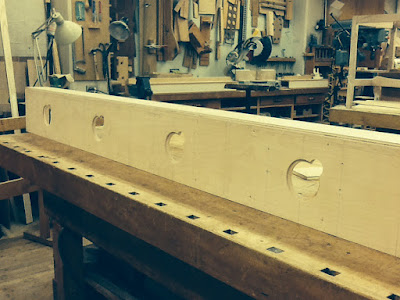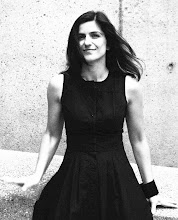20160228
The purpose of the Dartmouth Public Voices Fellowship Program is to help interested faculty engage more effectively in public debate and join global conversations with a clear, confident voice. The fellowship will foster a community of public intellectuals who will extend the reach of their teaching and scholarship through major mainstream media outlets.
To help realize these goals, Dartmouth has partnered with the OpEd Project—a social venture founded not only to impart important op-ed writing skills, but to encourage participation in all media thereby increasing the range of voices shaping our culture and our world. The OpEd Project provides training for fellows on how best to shape, frame, and ultimately present ideas to newspaper editors, television and radio producers, and to other media gatekeepers.
bz @Ambiances2016
My paper Atmospheres, Installations, and Laboratories: Architecture’s Experimental and Experiential Turn was accepted at the peer-review 3rd INT. CONGRESS ON AMBIANCES « Ατμόσφαιρες Αὐριο - Ambiances, demain - Ambiances, tomorrow » in Volos, Greece, 2016
Labels: lectures
20160211
essay @Technoetic Arts
The
capsule as cyborg bioarchitecture
Abstract
In 1969, Kisho
Kurokawa stated the "capsule is cyborg architecture." The capsule is
the ultimate form of the prefabricated building. As such it has emancipated
itself from the land to become the immediate extension of the moving self,
similar to cars or the Japanese kago,
traditional people movers. In Japanese Metabolism, an architecture movement of
the 1960s and 1970s, the capsule is a small, repeatable building unit rooted in
historical elements, such as the teahouse and the kago. The capsule is also a
tool – a machine for living – that is modular and part of a system offering
simplicity and complexity. The capsule signifies individuality within a diverse
society, standardization, functionality, technology, and smallness in scale. This
essay re-examines the potential of the capsule in contemporary bioarchitecture,
living systems, and evolving environments. Through Philip Galanter’s theory of “complexism,”
the essay connects the capsule to modular(ity), embodiment, protective
vulnerability, voyeurism, unpredictability, complexity, immateriality and
ephemerality. I propose that the capsule instantiates a cyborg bioarchitecture.
Key words: bioarchitecture,
architecture, art, biology, typology, complexity, capsule architecture,
Japanese Metabolism, cyborg
Labels: z-projects
20160204
20160202
construction drawing
Labels: dartmouth, photodotes
new site - new work
Invited by Ms. Graziella Parati (on the left) to exhibit my work at Leslie Center for the Humanities. Taking measurements for the forthcoming wall intervention back in November 2015. The piece will be next to very beautiful Brenda Garand's mobile. Visit the center to see more work from Studio Art faculty.



























